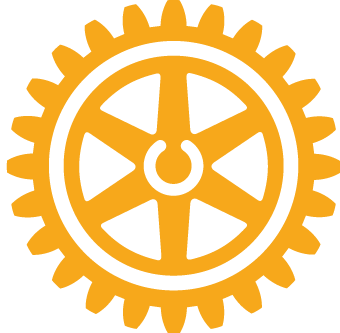Pagosa Springs Rotary Club continues work in Sengal
Photo: Jean Smith discusses acid-base titrations with Senegalese teachers.
By David Smith
This week our Rotary team shifted from teaching science to 6th grade students to teaching high school science teachers how to use practical demonstrations in their biology, chemistry and physics classes. This effort supports a new directive from the Senegalese Department of Education to include more laboratory experience and demonstrations in the high school science classes. Senegal has set a goal to have 80% of its high school students enrolled in science classes by 2025.
Although laboratory experience and demonstrations have been part of the Senegalese science curriculum for many years, they were seldom performed, in part because the schools have little equipment and in part because the teachers themselves had little practical experience. Yet, most teachers have a college degree in their area of science, so they understand science theory very well.

This year the Rotary Club of Pagosa Springs is using funds provided by many of the 1.2 million Rotarians located in over 200 countries to improve science education in two high schools in rural areas of northern Senegal. Where there were no biology, chemistry or physics text books, every student now has the necessary books. Where there was no laboratory equipment, there are now ample supplies for effective teaching of biology, chemistry and physics. Eighteen high school teachers enrolled in a teaching workshop where they learned how to perform more than 20 different laboratory experiments and demonstrations.
Our Rotary team has four members: Linda Carlson (Rotary Club of Cañon City), David Smith (Rotary Club of Pagosa Springs), Rita Jensen (Pagosa Springs and Washington DC) and Jean Smith (Pagosa Springs). Before traveling to Senegal, they spent weeks learning about the Senegalese high school science curriculum, then developed laboratory experiments and demonstrations to fit this curriculum. They then carried enough supplies to fill four suitcases to the workshop. Following their training in the teaching workshop, the teachers will be provided funds to purchase additional supplies in Senegal.
Senegal is a small, French speaking, Muslim country located on the western tip of Africa. The country is very poor, partly because much of it is semi-arid desert. There are few forests and there is little rich farm land. Yet the people are generally happy, peaceful, and very appreciative of assistance that will help them develop their economy. The government understands the importance of education and has invested considerable resources to improve education. The Rotary Clubs of Pagosa Springs and Cañon City are pleased to be a partner in this effort.
 Pagosa Springs Rotary Club
Pagosa Springs Rotary Club